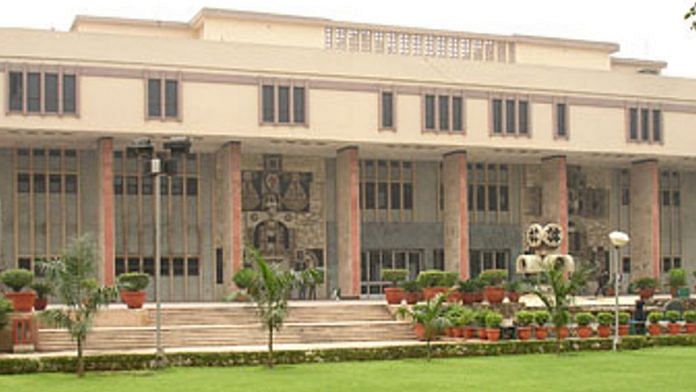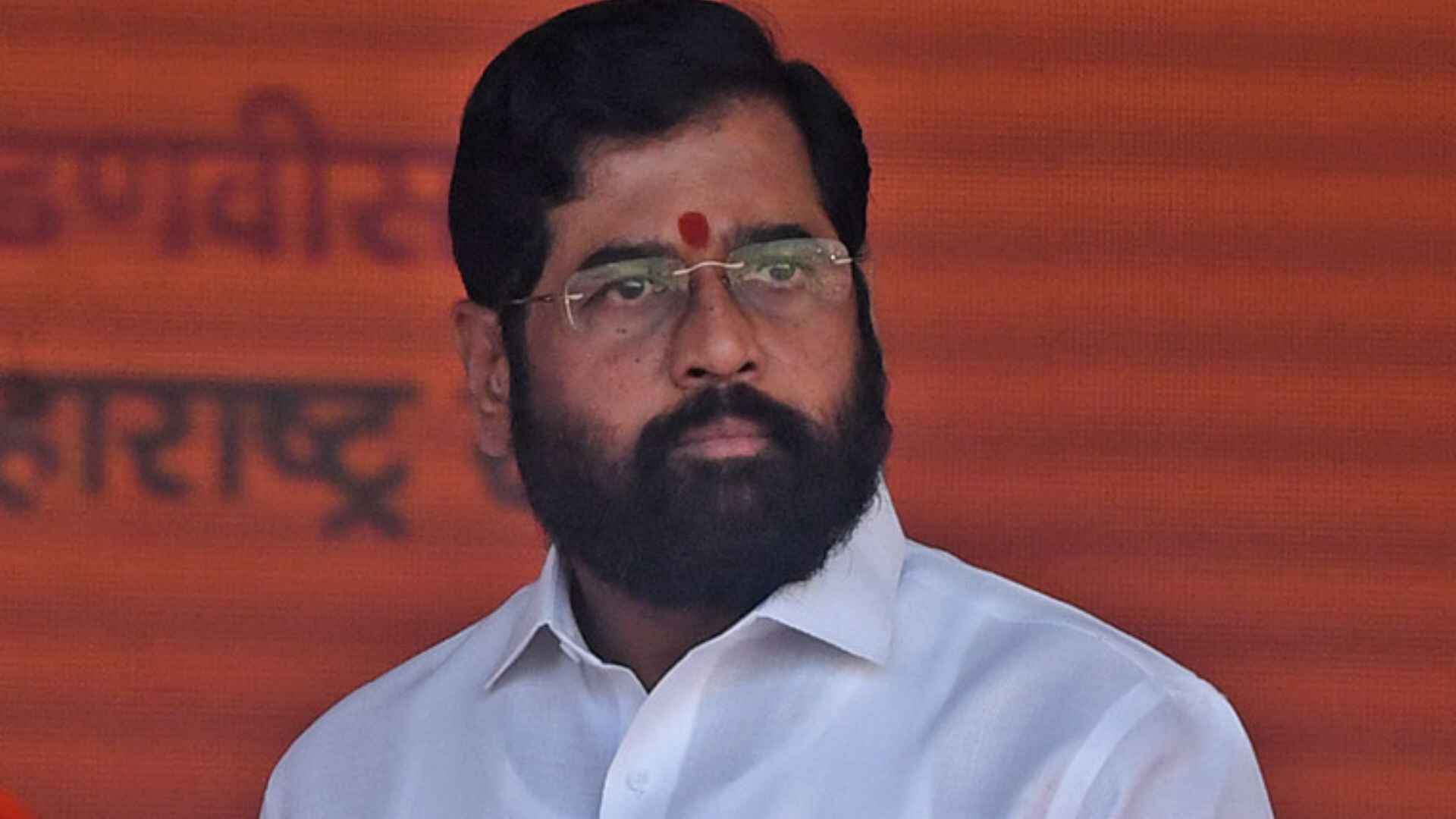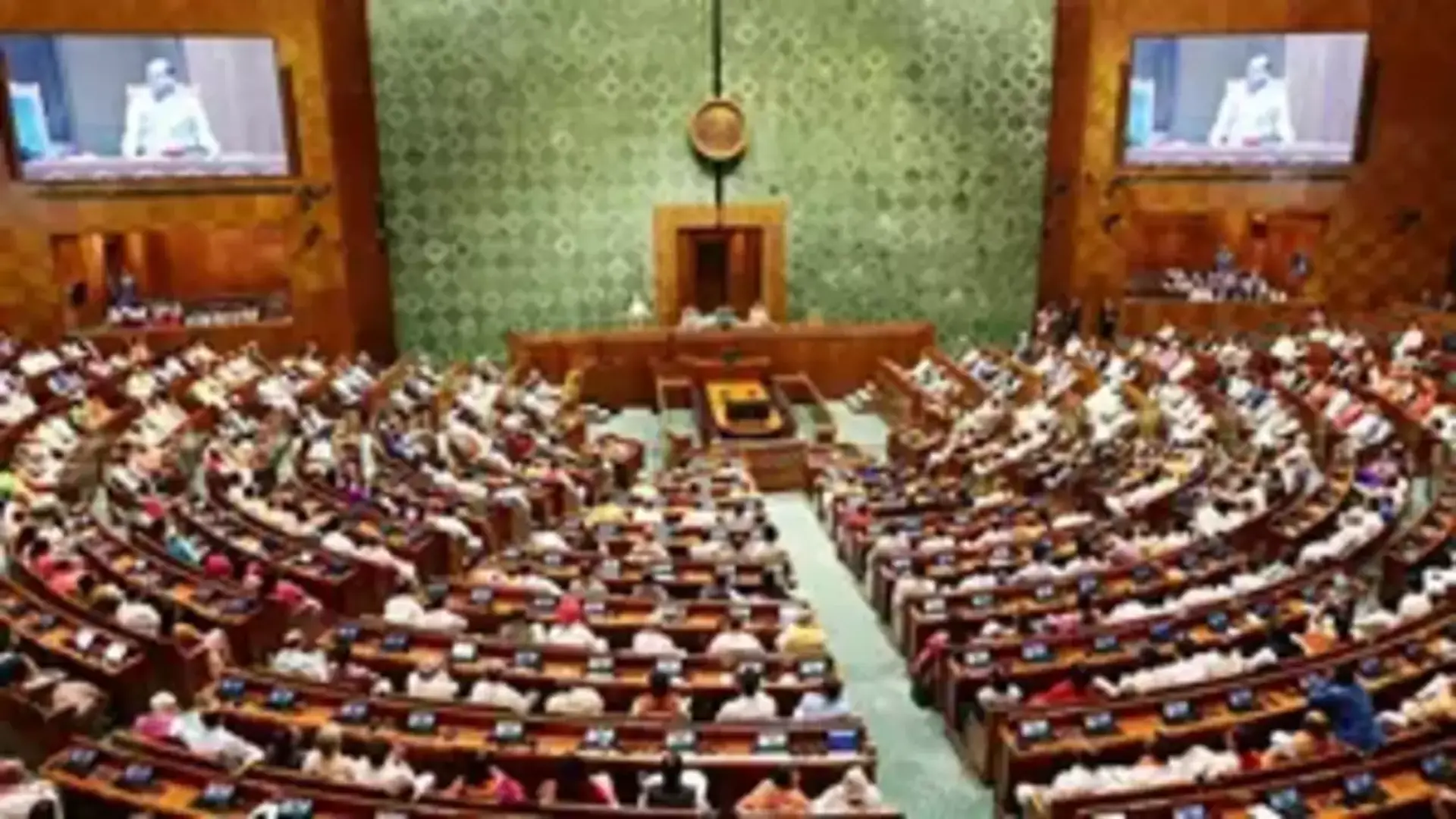
ABSTRACT
Section 67 CGST Act, 2017 deals with the power of proper officer to conduct inspection, search, and seizure proceedings against any person that in opinion of the proper officer has allegedly suppressed any transaction with respect to supply or stock in hand, claimed any Input Tax Credit in excess to his entitlement or has indulged in contravention of provision of this act. These powers can also be exercised by the proper officer against any accomplice of such person. The matter of seizure of Cash by the proper officer while conducting a search operation under section 67 of the Act are witnessed in many instances. The legality of the same is decided by a divisional bench of Hon’ble Delhi High Court in matter of Arvind Goyal CA vs Union of India W.P.(C)-12499/2021 vide order dated 19.01.2023.
INTRODUCTION
The Act in order to maintain check and balance, empowers the authorities with immense powers for inspection, search and seizure, detention, release and confiscation of goods or conveyance under various provisions. In case the proper officer is in opinion that a person has suppressed any transaction with respect to supply of goods or services or both, suppressed value of stock in hand, has claimed any Input Tax Credit more than what he is entitled to, or is involved in any contravention of any provision of the Act, the officer in such case have an authority to confiscate such documents, books or things which in his opinion shall be useful or relevant to any proceeding under the act.
FACTS
Bhopal Commissionerate informed Delhi Commissionerate that enquiry was to be conducted in respect to matter of a sole proprietorship firm engaged in bogus trading and without any actual movement of goods. It was revealed that, the Assessee in question has no establishment in the said location as reported to the department. Moreover, some other business is being conducted by a third party (petitioner in present matter) in place of such assessee. A search operation was conducted at residence of the petitioner and officers found cash aggregating to Rs. 1,22,87,000/- and took possession of the said cash. The legality of search operation was challenged by the petitioner by way of filing writ petition on several grounds. The petitioners contended that, taking possession of cash by the Department was illegal and without any authority of law. The issue whether the proper officer has authority to confiscate cash while conducting a search and seizure operation under section 67 or not, has been discussed at many instances and shall not be confused by the present order. The present order in case of Arvind Goyal CA vs Union of India revolves around the factual matrices as stated above, where the cash belonging to a third-party petitioner, not being an assessee was confiscated by the department. The same was challenged by the petitioner stating that he is not the assessee from whom any tax amount is to be recovered and the department had no reason to believe that such cash amount so confiscated was relevant to the proceedings of the Assessee. Also, since “currency” does not come under ambit of goods, confiscation of the same was unlawful.
OBSERVATION
It is well settled that, the confiscation under section 67 (2) of the Act limits the jurisdictional limit of proper officer to confiscate the “goods, documents, books or things” that are useful or relevant for conducting any proceeding. The divisional bench addressed the principal issue that whether “cash” can be seized by proper officer under section 67(2) of the GST Act or not. The bench observed that, “cash” does not fall within the definition of “goods”, also prima facie, it does not fall under the ambit of things useful for examination and for inquiry. Therefore, confiscation of cash without any ground for inquiry or examination shall be considered to be unlawful and outside the scope of powers of proper officer. Another noteworthy point with respect to resuming of assets by the proper officer during search and seizure operations was also dealt by the bench in present matter. The bench observed that unlike Income Tax Act, 1961, there is no provision empowering any authority to resume cash from the premises at the time of search and seizure operation under GST law. The authorities are not authorised to resume any asset forcibly from any person for any reason other than specifically specified under section 67 of the Act.
KANISHKA MATTA VS. UNION OF INDIA, ILR 2020 MP 2116
Similar issue with respect to confiscation of cash by the GST authorities while conducting search and seizure operation under section 67 of GST act was dealt with. A divisional bench of the Hon’ble Madhya Pradesh High Court observed that, wider interpretation of the term “things” used in Section 67 to be taken into consideration. Factual position of this case involved confiscation of cash amounting to 66,43,130/- from the residential property of the Assessee by the authorities exercising powers under section 67(2) of the GST Act, 2017. The department during the pendency of writ petition was successful to produce confessional statements made by assessee and the corroborative evidences collected by the department while acting upon those statements and seizing material from such locations and godown mentioned by assessee in such confessional statement. As per the case diary produced by the department, the seizure was done under section 67(2) under a reasonable belief that the unaccounted money seized is proceeds from illicit supply of tobacco and pan masala. The Hon’ble divisional bench of Madhya Pradesh High Court observed that the expression used in section 67(2) is “…. goods liable to confiscation or any documents or books or things, which in his opinion shall be useful for or relevant to any proceedings under this Act, are secreted in any place….” Thus, “money” has to be included with the expression “things” and since, the same is confiscated by the department considering it to be relevant for the investigation, the act of department is justified and is within the realms of law.
ANALYSIS:
The power of search and seizure being draconian powers, shall be exercised strictly in terms of the statute. Analysing both the authorities passed by Delhi and Madhya Pradesh High Courts it is clear that while confiscating cash or any asset under section 67(2) of the GST Act, the proper officer shall be liable to show reason to believe that the same is relevant for proceeding under the act, otherwise, such seizure shall be considered to be without any authority of law.















